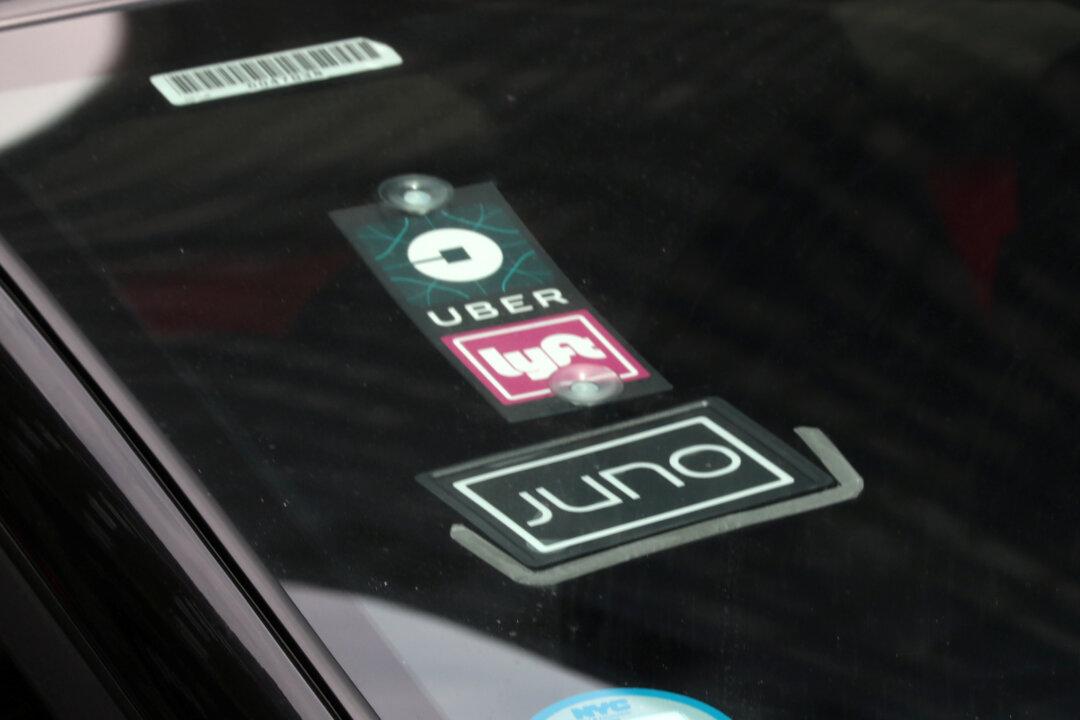A bill that imposes limits on who can be a contractor in California could radically change how gig economy firms such as Uber, Lyft, DoorDash, Postmates and others operate. AB5 passed the state Assembly and is now being reviewed by the Senate Appropriations Committee, with an upcoming hearing scheduled for Aug. 12.
According to some experts, while the bill would make some contractors happy, as many have been pressuring companies like Uber to offer benefits, the overall picture might not be a positive one.




